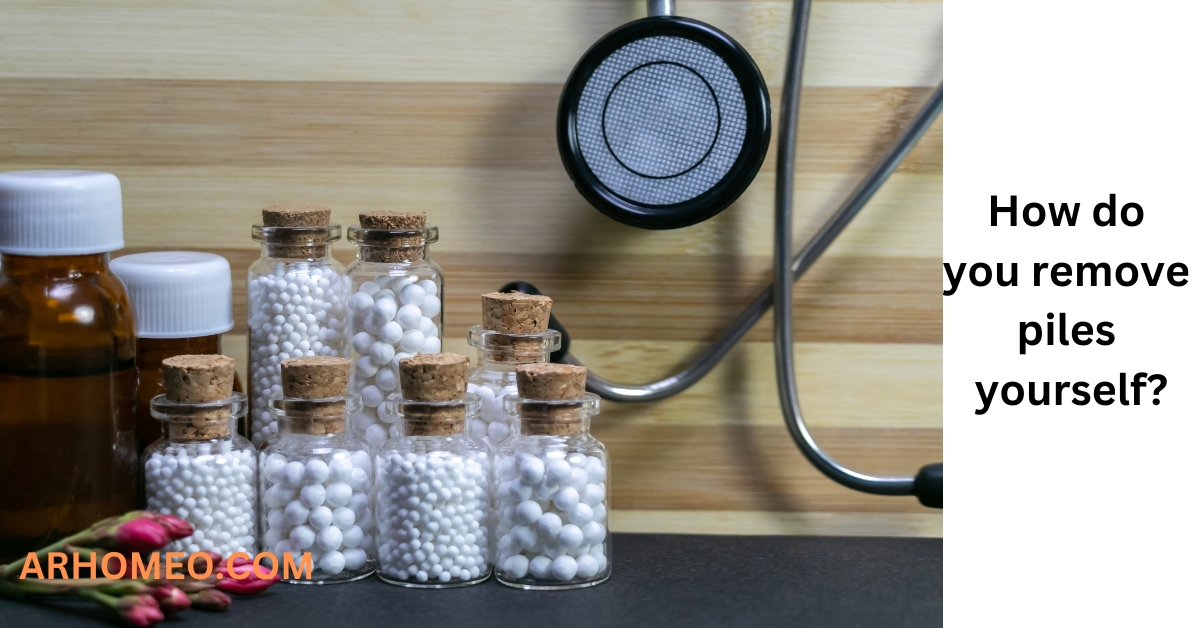Dealing with piles, or hemorrhoids, can be uncomfortable and distressing. While it’s always best to consult a healthcare professional for persistent or severe symptoms, some home remedies can offer relief. Over-the-counter creams and ointments can reduce pain and inflammation, while warm sitz baths help soothe the affected area. Increasing fiber intake through diet can ease bowel movements and reduce strain. Additionally, maintaining good hygiene and staying hydrated can aid in managing the condition. However, if symptoms persist or worsen, seeking medical advice is crucial.
Home remedies for hemorrhoids
Home remedies for hemorrhoids can provide significant relief from discomfort. First, try soaking in a warm sitz bath several times a day to ease pain and reduce swelling. Applying over-the-counter creams or ointments can help with itching and inflammation. Increasing fiber intake by eating fruits, vegetables, and whole grains can prevent constipation and reduce straining during bowel movements. Staying hydrated and using moist towelettes instead of toilet paper can also soothe the area. If symptoms persist, it’s important to consult a healthcare provider for further evaluation.
Can I cut piles myself?
Cutting piles yourself is highly risky and strongly discouraged. Hemorrhoids can be painful and sensitive, and attempting to treat them at home can lead to serious complications like infections or excessive bleeding. Professional medical treatments, such as rubber band ligation or sclerotherapy, are much safer and more effective. If you’re experiencing persistent discomfort or bleeding, it’s crucial to consult a healthcare professional for proper diagnosis and treatment options. Self-treatment can worsen the condition, so always seek expert advice for safe and effective relief.
How to get rid of hemorrhoids
Getting rid of hemorrhoids typically involves a combination of lifestyle changes and medical treatments. Start by increasing your fiber intake with fruits, vegetables, and whole grains to ease bowel movements and reduce straining. Staying hydrated and using over-the-counter creams or ointments can help alleviate symptoms. Warm sitz baths can soothe discomfort. For persistent or severe cases, consult a healthcare provider who may recommend procedures like rubber band ligation or sclerotherapy. Addressing the underlying causes and following professional advice is key to effective relief.
External hemorrhoids treatment
Treating external hemorrhoids involves several effective strategies to alleviate discomfort. Over-the-counter creams or ointments can reduce pain and inflammation. Applying ice packs to the affected area can help decrease swelling. Warm sitz baths, where you soak in a few inches of warm water, can soothe irritation. Increasing your fiber intake through fruits, vegetables, and whole grains helps prevent constipation and reduces strain. If these methods don’t provide relief, or if symptoms worsen, consult a healthcare professional for further evaluation and treatment options.
Internal hemorrhoids treatment
Treating internal hemorrhoids often begins with lifestyle changes to ease symptoms and prevent worsening. Increasing fiber intake through a diet rich in fruits, vegetables, and whole grains can help prevent constipation and reduce straining. Over-the-counter treatments, like topical creams and suppositories, can alleviate discomfort and inflammation. Warm sitz baths may provide relief. For persistent or severe cases, a healthcare provider might recommend procedures such as rubber band ligation or sclerotherapy. Consulting a doctor ensures proper diagnosis and tailored treatment for effective relief.
What are the symptoms?
The symptoms of hemorrhoids can vary depending on their type and severity. Common signs include itching or irritation around the anus, discomfort during bowel movements, and visible swelling or lumps. You might also experience bleeding, usually bright red, on toilet paper or in the stool. For internal hemorrhoids, symptoms may include a sensation of fullness or pain during bowel movements. If you notice persistent or severe symptoms, it’s important to consult a healthcare professional for an accurate diagnosis and appropriate treatment.
What causes hemorrhoids?
Hemorrhoids are often caused by increased pressure in the lower rectum, which can result from various factors. Straining during bowel movements, chronic constipation, or diarrhea can exacerbate this pressure. Additionally, prolonged sitting or standing, especially in sedentary jobs, contributes to the condition. Pregnancy and childbirth also play a significant role, as they put extra pressure on the pelvic veins. Obesity and a lack of dietary fiber further increase the risk. Understanding these causes can help in managing and preventing hemorrhoids more effectively.
FAQ
Are external hemorrhoids painful?
Yes, external hemorrhoids can be quite painful, especially when they become swollen or thrombosed. The discomfort often stems from the inflammation and irritation of the veins around the anus. This pain can be aggravated by activities like sitting, walking, or having bowel movements. The area may also be tender to the touch. The severity of the pain can vary, but it’s common for individuals to experience significant discomfort that can affect their daily routines and quality of life.
Are external hemorrhoids dangerous?
External hemorrhoids are typically not dangerous but can lead to complications if left untreated. While they are rarely life-threatening, they can cause severe discomfort, itching, and bleeding. Complications such as thrombosis, where a blood clot forms within the hemorrhoid, can result in intense pain and require medical intervention. Infections can also occur if proper hygiene is not maintained. It’s important to manage symptoms effectively and seek medical advice if the condition worsens or doesn’t improve with home treatment.
Do external hemorrhoids go away on their own?
External hemorrhoids can sometimes resolve on their own with appropriate care and lifestyle adjustments. Home remedies, such as using topical treatments, warm sitz baths, and increasing dietary fiber, can alleviate symptoms and reduce inflammation. However, if the hemorrhoids are severe or persistent, they may not completely disappear without medical intervention. In such cases, treatments like rubber band ligation or surgical options might be necessary. Monitoring the condition and consulting a healthcare professional can ensure proper management and recovery.
Can you push an external hemorrhoid back in?
External hemorrhoids cannot be pushed back into the anus like internal hemorrhoids can. They protrude outside the anal canal and are not designed to retract. Managing external hemorrhoids typically involves topical treatments to reduce swelling and discomfort. If an external hemorrhoid becomes thrombosed or severely inflamed, medical treatments might be required. Efforts to manually push or reinsert external hemorrhoids are not only ineffective but can also exacerbate pain and complications, so it’s crucial to seek appropriate medical advice.
Is there a difference between male and female hemorrhoids?
Hemorrhoids themselves do not differ between males and females; the condition manifests similarly in both genders. However, certain factors can affect susceptibility. For women, pregnancy and childbirth significantly increase the risk due to added pressure on pelvic veins. Men, on the other hand, may experience hemorrhoids due to factors like heavy lifting or chronic constipation. Despite these differences in risk factors, the symptoms, treatment options, and general management of hemorrhoids are consistent across genders.
Conclusion
In conclusion, while hemorrhoids can be an uncomfortable and sometimes distressing condition, understanding their causes, symptoms, and treatment options is crucial for effective management. Both external and internal hemorrhoids can be alleviated with lifestyle changes, home remedies, and, if necessary, medical treatments. By addressing risk factors such as diet, bowel habits, and hygiene, individuals can often reduce the severity and frequency of flare-ups. Consulting a healthcare provider is essential for persistent or severe cases to ensure comprehensive care and prevent complications.

